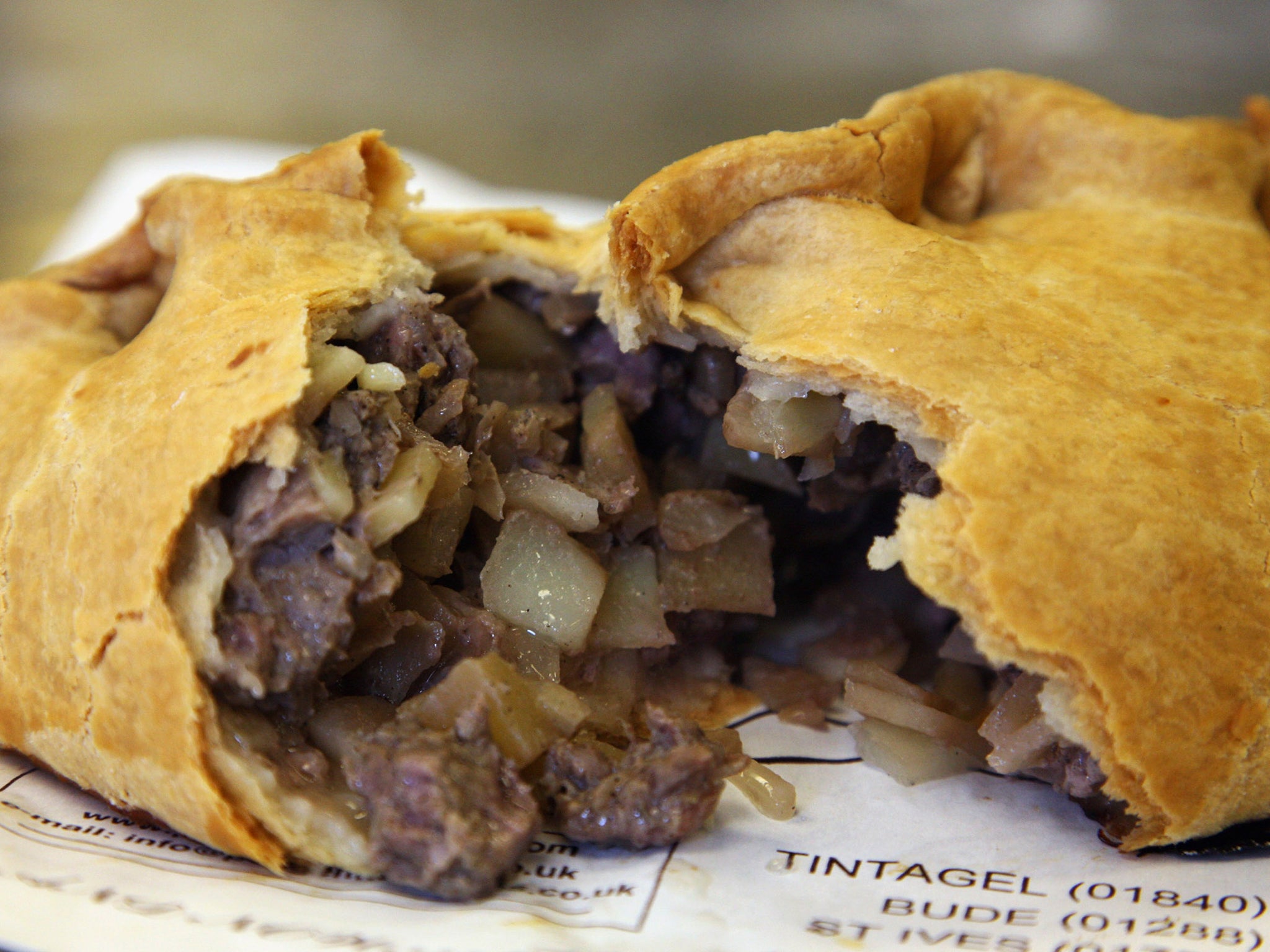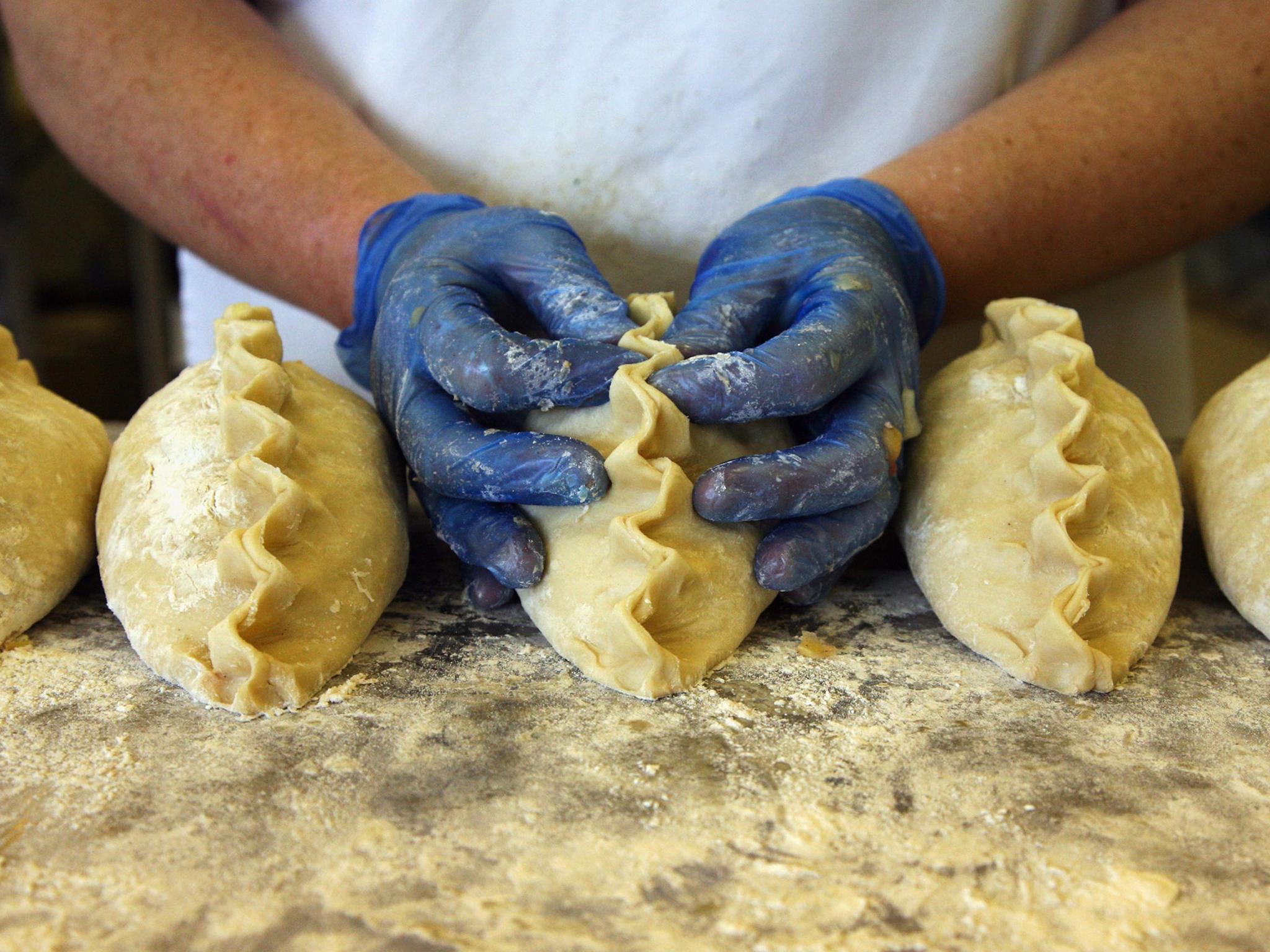Cornish pasty 'was invented by cookery teachers in London'
Food historian says pasties in Cornwall were almost always vegetarian

Your support helps us to tell the story
From reproductive rights to climate change to Big Tech, The Independent is on the ground when the story is developing. Whether it's investigating the financials of Elon Musk's pro-Trump PAC or producing our latest documentary, 'The A Word', which shines a light on the American women fighting for reproductive rights, we know how important it is to parse out the facts from the messaging.
At such a critical moment in US history, we need reporters on the ground. Your donation allows us to keep sending journalists to speak to both sides of the story.
The Independent is trusted by Americans across the entire political spectrum. And unlike many other quality news outlets, we choose not to lock Americans out of our reporting and analysis with paywalls. We believe quality journalism should be available to everyone, paid for by those who can afford it.
Your support makes all the difference.The humble Cornish pasty, so closely associated with pirates and the West Country, was actually the brainwave of urban middle classes in London.
That is according to leading food historian Peter Brears, who has said the foodstuff should not have special EU protection to only be made in Cornwall.
In an article for food studies journal Petits Propos Culinaires, Mr Brear said pasties in Cornwall were almost always vegetarian - whereas the Cornish pasty is classically filled with mince.
According to the Western Morning News, he wrote: "Always containing red meat, its use was spread throughout the entire country by London-trained cookery teachers who invented the term 'Cornish pasty'."

"[The pasties] did not originate in Cornwall and although they drew their inspiration from those enjoyed by tourists to the county, were quite different from the true pasties of Cornwall in a number of ways," he continued.
Taking a large, hefty vegetarian pastry item, Londoners apparently created daintier versions filled only with the classic meat, onion and potato filling.
"[...] Most importantly, they were tiny, only a couple of inches across," he said in the journal. "These were not intended to feed a miner or an agricultural labourer but to make an economical savoury nibble for polite middle-class Victorians."
The Yorkshire-born food writer, who has written 27 books, also said the EU law which only lets pasties made in Cornwall be called "Cornish pasties" has "bemused most Brits".
The Western Morning News said Mr Brears explained in the journal that people in Yorkshire would not expect Yorkshire puddings only to be made there.
Join our commenting forum
Join thought-provoking conversations, follow other Independent readers and see their replies
Comments